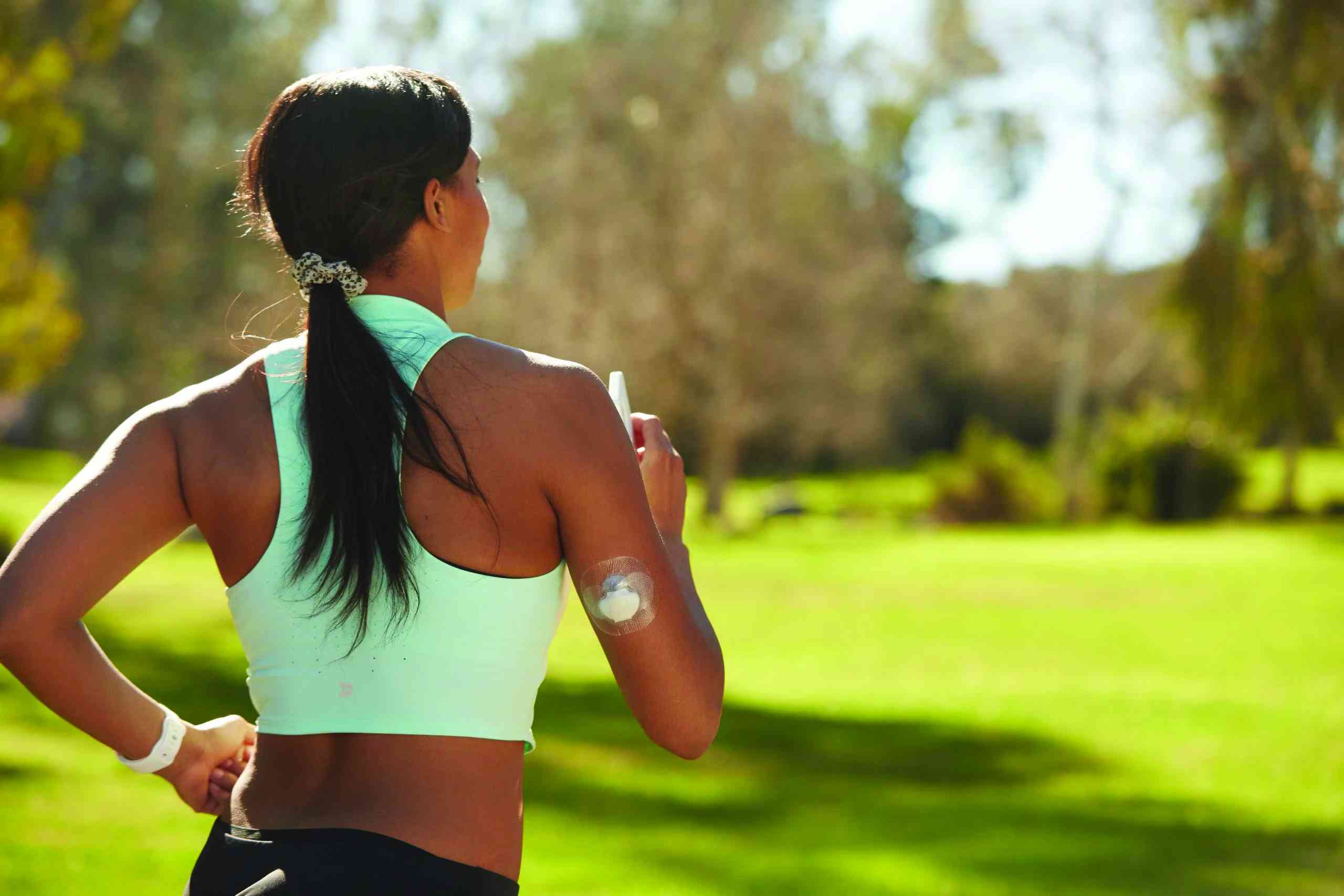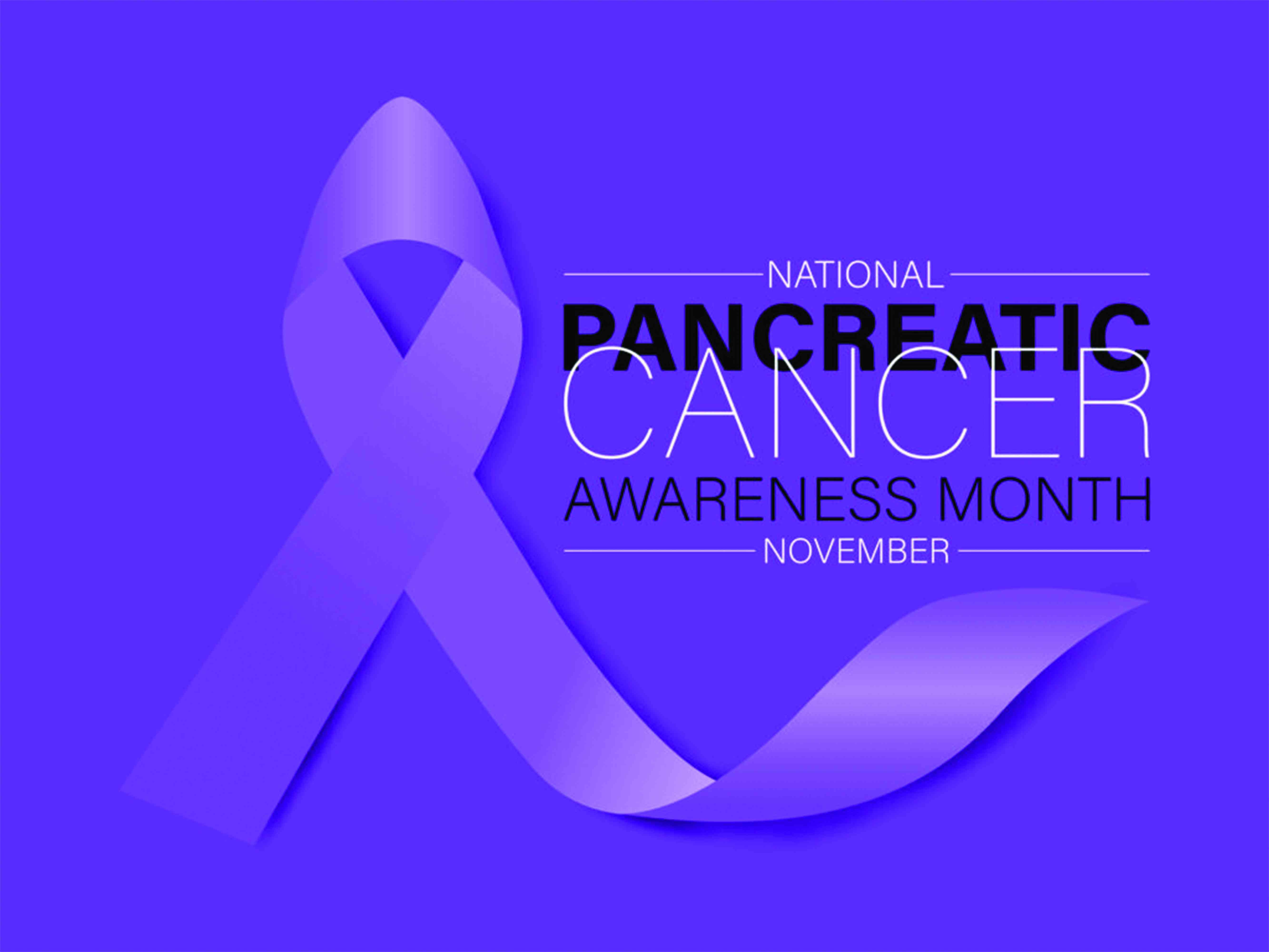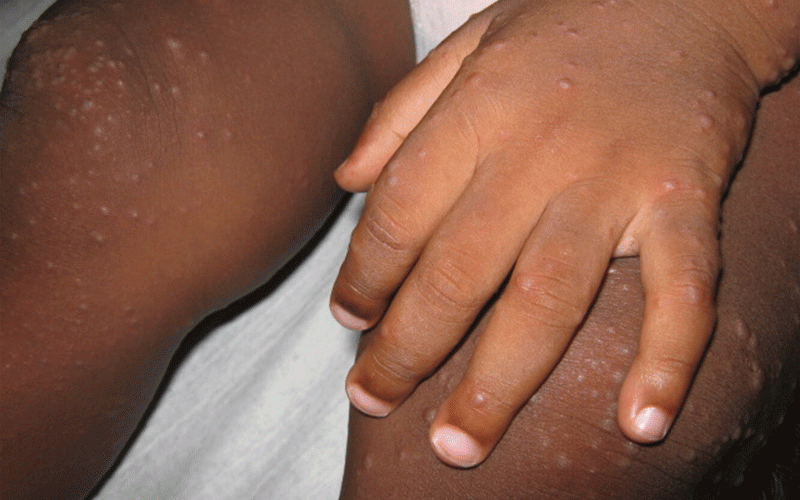
Diabetes (diabetes mellitus) is a chronic disease characterised by elevated levels of blood glucose (blood sugar), which can with time lead to serious damage to the heart, blood vessels, eyes, kidneys and nerves.
Glucose mainly comes from carbohydrates we eat or drink. It is the source of our body’s energy.
However, if too much builds up in the bloodstream it causes damage.
The prevalence of diabetes and number of people suffering from it has been steadily rising over the past few decades, according to the World Health Organisation, which says about 422 million people worldwide have diabetes.
Every year, 1,5 million deaths occur that are directly attributable to diabetes.
Given its prevalence and the damage that it can do, it is important to be aware of what can be done to minimise the risk of diabetes and how to manage it should it occur.
Yesterday was World Diabetes Day, a day on which efforts are made globally to raise awareness about diabetes, its risk factors, the importance of its early diagnosis and effective management of the disease.
The theme chosen for the day this year and for the next two years is “Diabetes and Well-Being.”
Causes
Our pancreas produces insulin, which moves glucose from our bloodstream into cells all over our body. If this fails to happen or happen efficiently, the glucose can build up in the bloodstream, which can, over time, cause health problems.
The most common type of diabetes is Type 2 diabetes. It affects mostly adults, although an increasing number of children are suffering from it as well.
With this type, your body either does not produce sufficient insulin or your body’s cells do not respond as they should to the insulin.
There is a stage before Type 2 diabetes known as prediabetes. This is where your blood sugar levels are higher than normal but not high enough to be diagnosed as diabetes.
If you are diagnosed with prediabetes it is important to take preventative steps to avoid developing diabetes.
Type 1 diabetes is an autoimmune disease. With this, the body’s immune system attacks and destroys insulin producing cells. It is commonest in children and young adults, although it can occur at any age.
Some women develop gestational diabetes during pregnancy. It is usually temporary and only lasts during the pregnancy. However, it increases the risk of developing Type 2 diabetes later in life.
Symptoms
Symptoms of types 1 and 2 diabetes may include feeling thirstier than usual, frequent urination, losing weight, feeling tired or weak, slow healing sores, irritability, blurred vision and frequent infections.
Prevention
Type 1 diabetes cannot be prevented. Healthy lifestyle choice can both help prevent Type 2 diabetes and manage it. These include a healthy diet, sufficient exercise and maintaining a healthy weight. They also include not smoking and no more than moderate alcohol consumption.
Treatment
Type 1 diabetes requires insulin injections.
Type 2 diabetes requires adopting a healthy diet, losing weight if you are overweight, regular exercise and possibly medication, depending on your blood sugar levels.
Often the doctor may suggest dietary changes as the first level of treatment. If this is insufficient or your blood sugar levels on diagnosis suggest this may be insufficient, tablets are likely to be prescribed.
It is important to monitor your blood sugar levels with the aid of a glucometer. Periodic blood tests and reviews by your doctor will be required.
Initial treatment with tablets is likely to involve only a moderate dose. However, if reviews suggest this is insufficient, the dosage is likely to be increased.
Managing the blood sugar levels through diet and exercise is crucial. If the condition worsens, an increase in medication may be required. If tablets and diet fail to adequately manage your blood sugar levels, regular insulin injections may eventually be required.
Living with diabetes
If you are diagnosed with diabetes, it is important to stay positive. If you are willing to do your part through adjusting your lifestyle and diet and following medical advice, including taking medication as prescribed, diabetes need not stand in the way of an active normal life.
Cimas members can contact the Cimas iGo team to find out how to live positively with diabetes as well as obtain advice on a healthy lifestyle.
Make healthy eating and physical activity part of your daily routine. Maintain a healthy weight. Learn to manage your stress levels. Ensure you have enough sleep. Learn relaxation techniques such as meditation and yoga.
Keep your blood pressure and cholesterol under control. High blood pressure can damage your blood vessels.
High cholesterol is a concern as well, since the resulting damage is often worse and more rapid when you have diabetes.
Diabetes can negatively affect your eyesight. Your doctor may advise regular check-ups by an ophthalmologist.
Take extra care of your feet and monitor any differences. High blood sugar can reduce blood flow and damage the nerves in your feet.
Diabetes can lead to pain, tingling or loss of sensation in your feet. Wash your feet in lukewarm water, dry them gently and moisturise them and your ankles with lotion or petroleum jelly.
Consult your doctor if you have a sore or foot problem that does not start to heal within a few days. If you have a foot ulcer or an open sore, see your doctor or clinic right away. Avoid walking barefoot, indoors or outdoors.
While diabetes is a serious illness, which can adversely affect your health in many ways, the earlier it is detected the easier it is likely to be to manage it. Do not ignore symptoms that may lead you to suspect you may have diabetes.
Visit your doctor. If it turns out you do have diabetes, or even prediabetes, be serious about the lifestyle choices required to help you manage it and lead a normal life.
The information in this article is provided as a public service by the Cimas iGo Wellness programme, which is designed to promote good health. It is provided for general information only and should not be construed as medical advice. Readers should consult their doctor or clinic on any matter related to their health or the treatment of any health problem. — [email protected] or WhatsApp 0772 161 829 or phone 024-2773 0663










